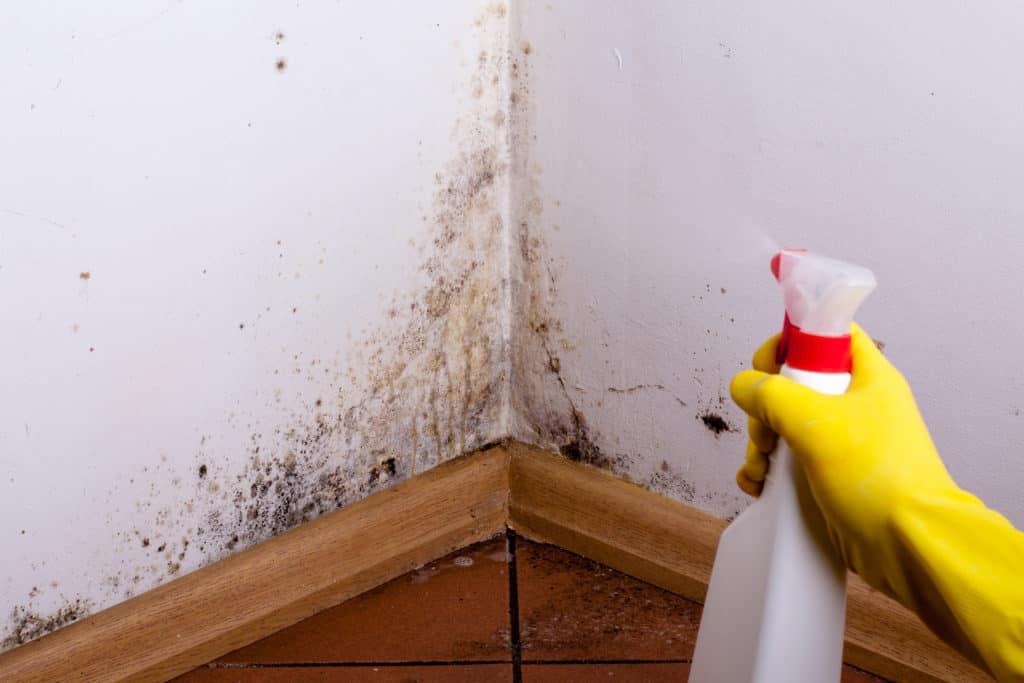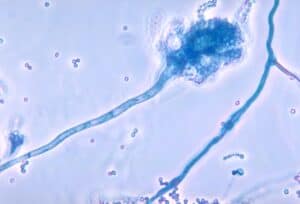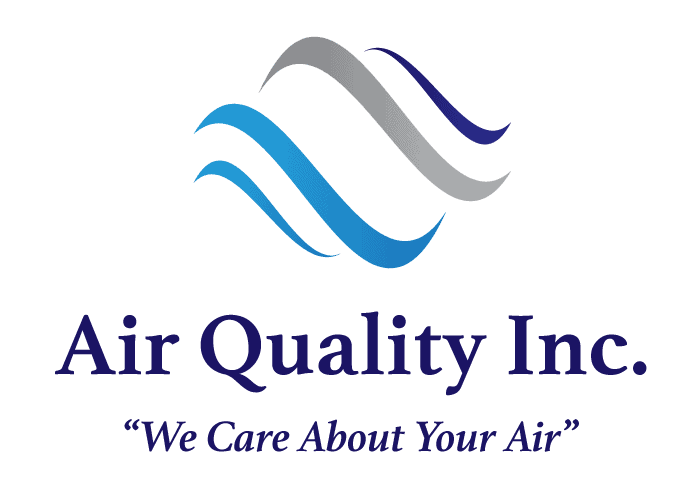Mold can be a major issue for homeowners, as it can quickly spread and cause significant damage to walls and ceilings, as well as cause health issues. Understanding how to detect, prevent, and clean up mold is essential for all homeowners. This guide covers the basics of household mold, including information on how to detect and improve mold in your home, safety procedures for cleaning up, and prevention tips to keep your home free of this potential hazard.
What is Mold?
Mold is a type of fungi found both indoors and outdoors and is typically caused by excessive moisture. Mold can cause health issues and damage the things it grows on. It reproduces by releasing tiny spores into the air that can grow and spread quickly.
Mold can thrive in warm, moist places, such as bathrooms, kitchens, damp basements, and walls. Mold typically appears as green, yellow, black, or white discoloration and may be fluffy, fuzzy, or slick to the touch. It emits a musty odor and spreads quickly if not adequately addressed.
Mold produces allergens, irritants, and in some cases, potentially toxic substances (mycotoxins). Inhaling or touching mold spores can cause allergic reactions in sensitive individuals, such as hay fever-type symptoms, sneezing, runny nose, red eyes, and skin rash (dermatitis). In addition, mold exposure can irritate the eyes, skin, nose, throat, and lungs of mold-allergic and non-allergic people.
How Do I Stop Mold Growth?
The key to mold control is moisture control. If mold is a problem in your home, you should clean up the mold promptly and fix the water problem. It is important to dry water-damaged areas and items within 24-48 hours to prevent mold growth. Mold spores land on wet surfaces and begin growing, so understanding why moisture is present in your home is vital to prevent mold from forming.
How Do I Clean Up Mold?
If you have a mold problem, it is crucial to act quickly, as mold can cause damage to the things it grows on and have potential health effects. When cleaning up mold, it is essential to wear protective gear, such as gloves, goggles, and a respirator. If the area of mold is large, it is usually best to hire a professional to do the job.
If you choose to do the cleanup, use a biocide like bleach or hydrogen peroxide to kill the mold. These products can be purchased from most hardware stores. Read and follow the biocide product instructions, as proper usage will ensure complete mold removal and safety.
How Do I Prevent Mold Growth?
The most important step you can take in preventing mold growth is controlling moisture in your home. Here are some ways you can do that:
- Keep windows closed during humid seasons and crack them open in drier ones.
- Invest in a dehumidifier, which will help to keep the humidity levels low in your home.
- Use exhaust fans or open windows when taking showers and when cooking.
- Repair leaky faucets and pipes as soon as possible, and ensure that outside condensation is not entering the home.
It is also important to regularly inspect your home for any signs of moisture accumulation, such as water stains, odor, and discoloration.
Schedule Your Indoor Air Quality Test
Indoor air quality testing can help you determine whether or not mold is growing in your home. As a result, you’ll be able to pinpoint the source of issues and eliminate hazardous pollutants.
We at Air Quality Inc are concerned about the quality of your air. We have two locations in Virginia Beach and Richmond ready to help you. Request an indoor air quality test quote today!




